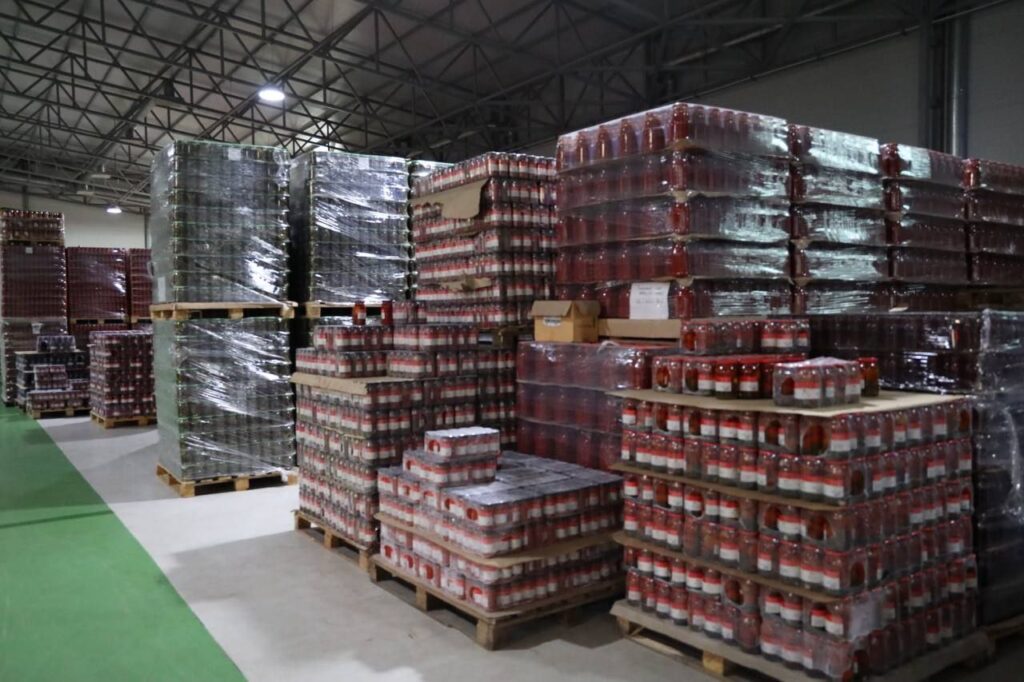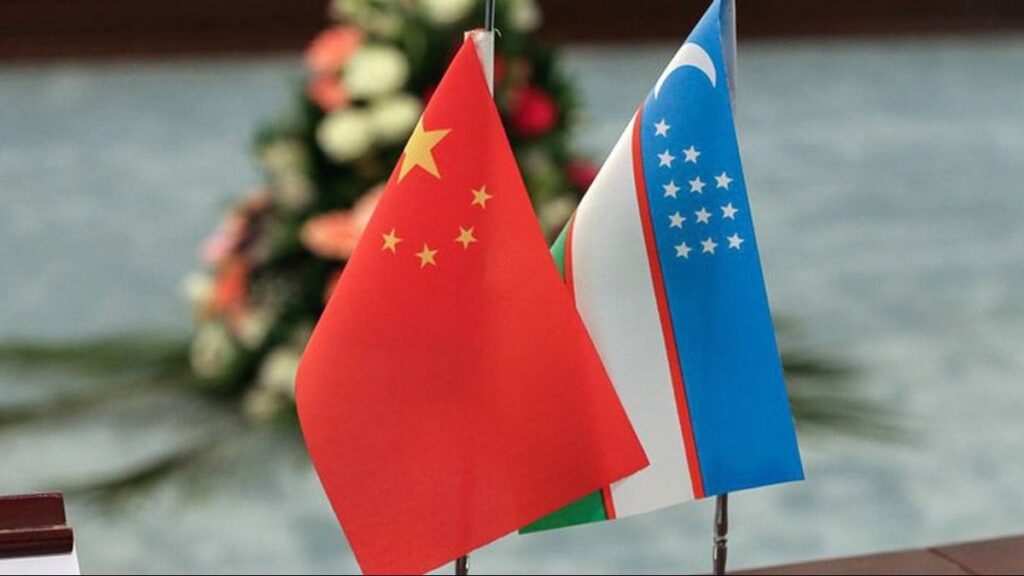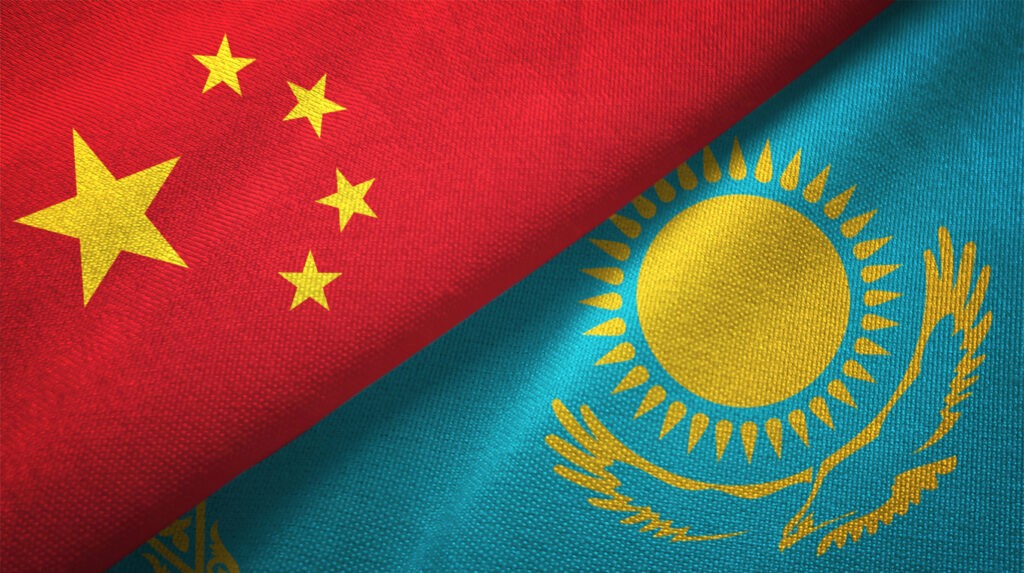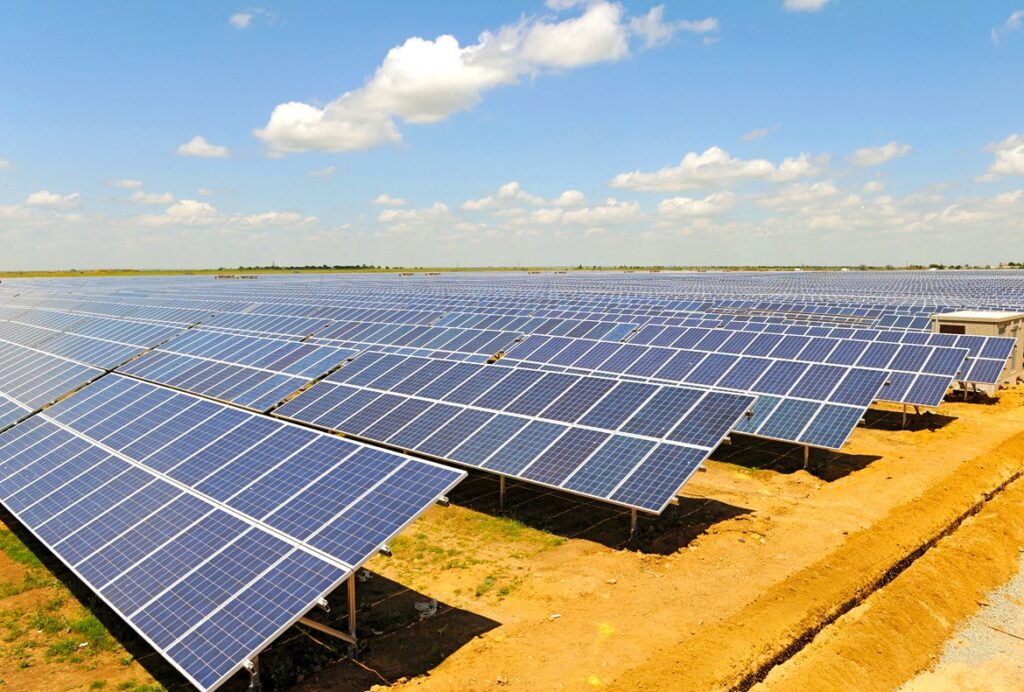Viewing results 1 - 6 of 903
The Kyrgyz Ministry of Agriculture, Forestry and Water Resources has urged more domestic businesses to establish and expand trade in agricultural produce with the People's Republic of China (PRC). Kyrgyz farmers and processors currently export wheat flour, cherries, melons, grapes and soybeans to China and to increase food exports, the ministry has issued a series of guidelines. Entrepreneurs and small-business owners must first be registered on the website of the General Customs Administration of the PRC, and to satisfy Chinese demand, ensure that their produce is devoid of genetically modified organisms (GMOs) and harmful additives. "It should be noted that requirements on the Chinese side differ according to risks posed by individual plant products," warned the Kyrgyz Ministry of Agriculture, "and conducts a comprehensive inspection of produce provided by first-time exporters." In his address at an earlier conference in Bishkek, Chinese Ambassador to Kyrgyzstan Du Dewen confirmed China's need for imports from organic agriculture vendors and plans to improve trade relations with Kyrgyzstan. According to the General Customs Administration, Kyrgyzstan increased its annual export to China by over two-fold in the first quarter of 2024, and total bilateral trade turnover stands at $4.5 billion per year. In a recent list provided by Chinese authorities, Beijing requires beef, poultry, fish, as well as cowhides, sheep, goats, and washed wool and cashmere.
Members of Kazakhstan's government and representatives of the Taliban have discussed expanding transportation links between Astana and Kabul, according to the Kazakh government's press service. The Kazakh side has said it's ready to participate in projects to develop the Trans-Afghan corridor: the construction of the railroad routes Termez - Mazar-e-Sharif - Kabul - Peshawar and Herat - Kandahar - Spin - Buldak. The projects, say Kazakh officials, will make it possible to reduce the cargo-transit time between the countries of the region almost 90%, as well as reducing the costs. Kazakhstan is ready to participate in the construction of a Trans-Afghan highway by supplying sleepers and fasteners to Afghanistan. Representatives of the national rail carrier Kazakhstan Temir Zholy, or KTZ, spoke about the new cargo delivery route. "Today we launched a pilot project to organize a new multimodal export route from Kazakhstan through Uzbekistan, Afghanistan, Pakistan and further by sea to the port of Jebel Ali in the UAE. The new route is organized with the participation of KTZ Express. The exporter is Kazakhstan's Bio Synergy, and the shipping partner is Pakistan's National Logistics Cell (NLC). The loading of cargo has already started in Pavlodar region. That cargo is aluminosilicate hollow microsphere. In Almaty, the cargo will be reloaded into containers and transferred to the cars of the Pakistani partner. From there by motor transport it will pass through Uzbekistan and Afghanistan to the port of Karachi in Pakistan. From there, two containers will be sent by sea to the port of Jebel Ali in the UAE," commented KTZ's managing director Bauyrzhan Urynbasarov. The parties also discussed the possibility of arranging more flights between the countries. Under earlier agreements, air carriers from Kazakhstan and Afghanistan have the right to perform three regular passenger/cargo flights per week. Kazakhstan is ready to consider accepting more flights from Afghan airlines. Over the past three years the volume of exports from Kazakhstan to Afghanistan has been steadily growing. In 2023, the volume of transportation by rail amounted to 2.7 million tons, of which 1.5 million tons was flour and grain. In December 2023 Kazakhstan removed the Taliban from its list of banned organizations. According to the Kazakh Ministry of Foreign Affairs, the Taliban was no longer classed as a banned organization "in accordance with the practice of the UN [United Nations]."
In the first three months of 2024, the value of bilateral trade between China and Uzbekistan reached $2.1 billion. During this period, Uzbekistan's exports to China totaled $349.4 million, whilst imports from the People's Republic of China (PRC) reached $1.7 billion. This trade flow reflects a significant surplus in the PRC's trade balance, indicating a steady demand for Chinese goods. According to the Uzbek statistics agency, trade with China accounts for 21.5% of the country's total foreign trade. The number of companies with Chinese investments is steadily growing in Uzbekistan - at the beginning of April, there were 2,501 of them, up 7% compared to the end of last year. At a meeting of the leaders of Uzbekistan and China in Beijing in late January, 2024, Presidents Mirziyoyev and Xi agreed to prepare programs of cooperation in infrastructure development, industrial cooperation, technology transfer in agriculture, and green energy. Last year, Chinese companies commissioned two solar power plants in Uzbekistan with a capacity of 1,000 MW. Mirziyoyev and Xi said bilateral trade turnover between the countries could reach $20 billion annually. The two sides see great potential in the construction of the China-Kyrgyzstan-Uzbekistan trunk-line railroad. According to various estimates, this multi-modal corridor will reduce the distance of cargo delivery to Europe from China by 900 kilometers, saving 7-8 days of transit time.
According to Chinese Customs Service data from the first quarter of 2024, Kazakhstan became the main trade partner of China's Xinjiang Uygur Autonomous Region. Since the beginning of the year, Xinjiang has conducted trade with 193 countries and regions of the world. The volume of imports and exports with Kazakhstan and Kyrgyzstan in currency terms has increased by 58.8% and 1.9% respectively. The volume of foreign trade originating from Xinjiang since the beginning of 2024 has increased by 42.7% year-on-year and reached about $13.2 billion. That puts Xinjiang in second place in China in terms of trade growth at the provincial level. Imports of agricultural products specifically increased by 36%. According to the General Customs Administration (GCA) of China, last year the trade turnover between Kazakhstan and Xinjiang increased by 63% and reached $20.3 billion. In the first half of 2023 China became Kazakhstan's main trading partner, displacing Russia. China supplies the country with cars, computers and laptops, plastics and plastic products -- and from Kazakhstan imports oil, natural gas, uranium, ferroalloys, mined ores and concentrates and oilseeds.
The National Bank of Kazakhstan has revealed its strategy for investing the National Fund's money in alternative instruments, emphasizing the gradual increase in money committed to that tranche of investments to $2.5 billion by 2025. This portfolio, launched in 2023, represents 3% of the total allocation of the savings portfolio and will be a key element of asset diversification. National Bank officials note that this decision came as part of a drive to balance the National Fund's assets and improve returns. This, in turn, contributes to additional diversification and mitigation of risks. The National Fund Management Concept to 2030, developed by the country's main bank and approved by president Kassym-Jomart Tokayev, defines strategic principles and approaches aimed at maximizing returns. It includes the use of defensive strategies, factor investing, and also pays attention to ESG (Environmental, Social & Governance) principles. The structure of the National Fund consists of a stabilization portfolio and a savings portfolio. While the former is invested in short-term government securities issued in developed economies, the latter is more diversified and includes a wide range of assets, including alternative instruments and a gold portfolio. The National Fund's assets currently stand at $60.7 billion, despite the withdrawal of 35.5 trillion tenge (~$77 million) over the past ten years, mostly during the pandemic.
Chinese investors have agreed to implement more major projects in Uzbekistan, according to statements made following the visit of a trade delegation from China to Uzbekistan's Tashkent region. Chinese businesses intend to invest $2 billion in the construction of a solar power plant in Ahangaran, $25 million in providing food for employees of social facilities, and $20 million in the construction of a diagnostic center. Also, Chinese investors are ready to invest $90 million in projects focused on the production of pharmaceutical products, metal structures, artificial fiber and threads. Earlier, Uzbekhydroenergo and China Southern Power Grid International agreed on joint construction of a 600 MW pumped storage hydropower (PSH) called Verkhny Pskem. The cost of the project is estimated at $1 billion. The first solar power plant in Uzbekistan was established with the assistance of the World Bank Group, Abu Dhabi Future Energy Company (Masdar), the Asian Development Bank and the Government of Uzbekistan. The station, with a capacity of 100 megawatts, became the country's first large-scale renewable energy facility. According to Uzbekistan's Ministry of Energy, the country plans to build about 25 large-scale solar power plants in the next 10 years.








